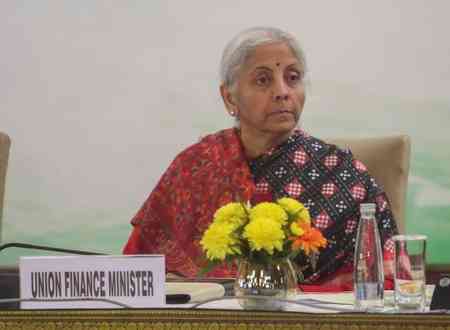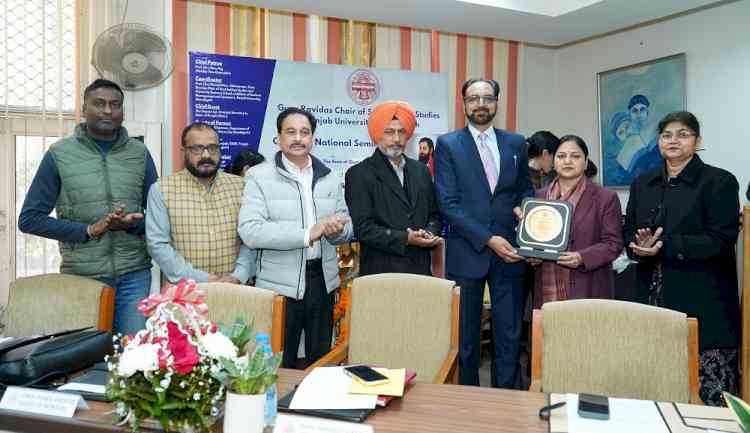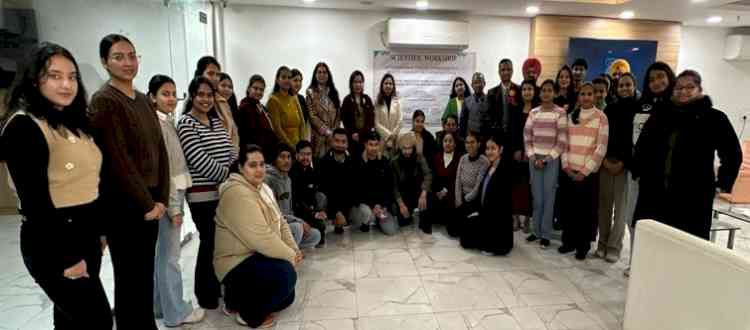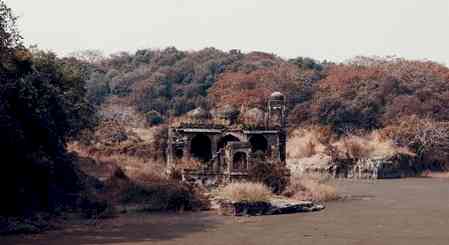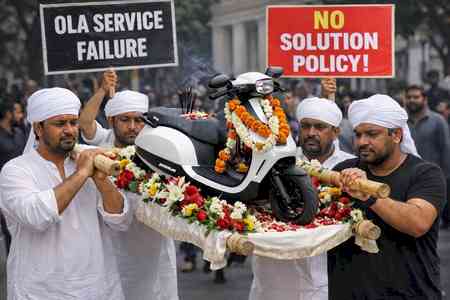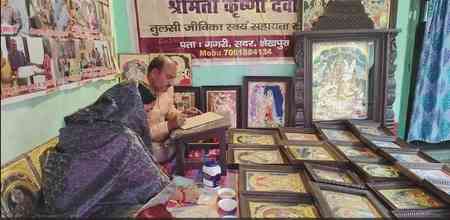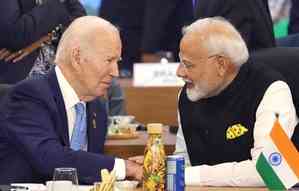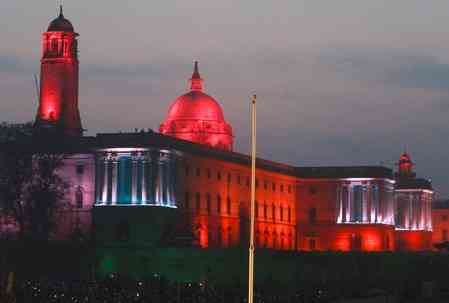Panjab University Hosts IIPA Regional Prelude Conference on Public Policy and Administration
The Department of Public Administration, Panjab University, in collaboration with the Indian Institute of Public Administration (IIPA), Punjab and Chandigarh Regional Branch, hosted the Prelude Conference 2025 on the national theme “Emerging Trends in Public Policy and Public Administration” at Panjab University, Chandigarh.
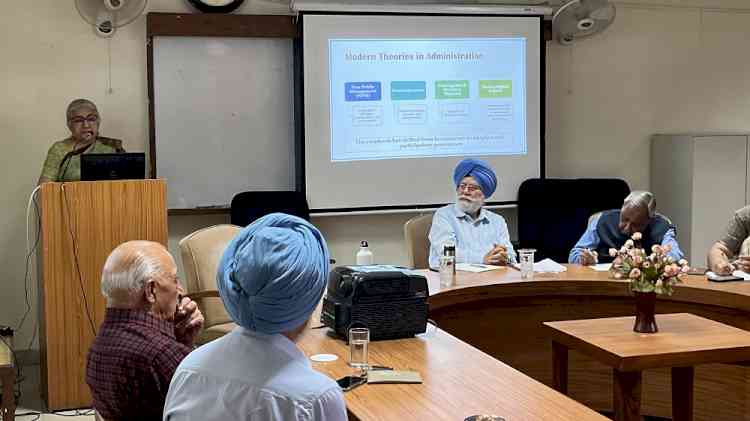
Chandigarh, October 23, 2025: The Department of Public Administration, Panjab University, in collaboration with the Indian Institute of Public Administration (IIPA), Punjab and Chandigarh Regional Branch, hosted the Prelude Conference 2025 on the national theme “Emerging Trends in Public Policy and Public Administration” at Panjab University, Chandigarh.
Every year, IIPA’s regional and local branches across the country hold such prelude conferences to deliberate upon a common national theme of the Annual Conference held at the IIPA Headquarters, New Delhi, contributing valuable insight.
The event began with welcome remarks by Dr. Bhawna Gupta, Chairperson of the Department, followed by the presentation of the theme paper by Prof. Ramanjit Kaur Johal, Hon. Secretary of the Regional Branch. Prof. B.S. Ghuman, Chairperson, presided over the event. Participants shared perspectives on how public administration as a discipline and profession can adapt to meet the challenges of the current times and work towards Viksit Bharat @2047.
This year’s theme paper, authored by Dr. Manan Dwivedi explores the dynamic and evolving frontiers of public policy and administration in an era of technological transformation, sustainability concerns, and participatory governance. The conference brought together members of the regional branch, academicians, researchers, administrators, and students to discuss contemporary issues of administration and policy such as data-driven governance, climate policy, ethics in administration, Indian Knowledge Systems, and collaborative models of governance.
Prof. Ramanjit Kaur Johal delivered a presentation broadly based on the theme paper. She emphasised the significant shifts in public administration and policy from efficiency to empathy, control to collaboration and policy to practice. Emerging trends such as the orange/creative economy, geo-politics and public administration, the Indic notion of governance, new public management and managerial reforms, the rising challenge of cyber security, artificial intelligence, and immersive technologies in public policy were discussed. The policy and administration addressing these new trends must have the underpinnings of inclusiveness, sustainability, social equity, culturally rooted values, environmental responsibility and community participation. A synthesis of modernisation with moral accountability is essential.
A lively discussion followed with inputs from Prof. Balram Gupta, Prof. D.N. Johar, Balwinder Singh, Anmol Rattan, Nishant, and Eshika. These covered issues of constitutional morality and the spirit of the Indian Constitution. The critical role of implementation and following rule of law in the process, the issues of privacy and data protection being compromised as legislative measures of governance of technology cannot keep pace with technology. The need for positive use of feedback for policy adjustment and the importance of a civil servant being both ‘civil’ and a ‘servant’ were stated as a challenge of public administration. Further, the limitation of the paradigm of development being limited to the aspect of growth, the need for emphasis on social policy and building intelligent institutions was highlighted.
Prof. B.S. Ghuman, former Vice Chancellor, Punjabi University, in his presidential remarks stated the need of the subject of Public Administration, both as a discipline and a profession, to respond to the dynamic and unstable state of the world today with fast changing technology but also conflict – wars on the ground and trade wars. This is an opportunity for Public Administration to respond to this chaos with evidence and research-based policy making, and to reach the common man and the policy makers with quality inputs.
The event ended with a vote of thanks by Research Scholar, Anmol Rattan Singh.


 City Air News
City Air News 
